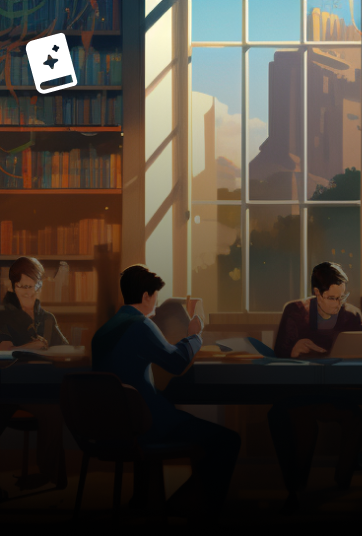
Latitudes of Longing
Ratings5
Average rating4.4
A sweeping, lyrical debut about the love and longing between humanity and the earth itself, by a major new literary talent from India “A marvel of magical realism.”—O: The Oprah Magazine A spellbinding work of literature, Latitudes of Longing follows the interconnected lives of characters searching for true intimacy. The novel sweeps across India, from an island, to a valley, a city, and a snow desert, to tell a love story of epic proportions. We follow a scientist who studies trees and a clairvoyant who speaks to them; a geologist working to end futile wars over a glacier; octogenarian lovers; a mother struggling to free her revolutionary son; a yeti who seeks human companionship; a turtle who transforms first into a boat and then a woman; and the ghost of an evaporated ocean as restless as the continents. Binding them all together is a vision of life as vast as the universe itself. A young writer awarded one of the most prestigious prizes in India for this novel, Shubhangi Swarup is a storyteller of extraordinary talent and insight. Richly imaginative and wryly perceptive, Latitudes of Longing offers a soaring view of humanity: our beauty and ugliness, our capacity to harm and love one another, and our mysterious and sacred relationship with nature. Longlisted for the DSC Prize for South Asian Literature • Shortlisted for the JCB Prize for Literature • Longlisted for the International Dublin Literary Award • Winner of the Sushila Devi Literature Award for the Best Book of Fiction Written by a Woman • Winner of the Tata Literature Live! First Book Award for Fiction
Reviews
Popular Reviews
Reviews with the most likes.
Beautifully written, Latitudes of Longing is really a series of interwoven generational love stories, strongly embedded in, but simultaneously transcending, place and time. The stories traverse South Asia from the Andamans, to Yangon, to Sagaing to the Kachin border regions, Kathmandu, & Ladakh/the Karakoram. Threading through them all is a fluent & beautiful prose that evokes weather, climate, seasons, & embeds relationship in trees, earth, creatures of all kinds, rain, ice, snow and sea. You would think the characters would get lost in this vastness, but they are grounded in it and brought alive.
Newlywed lovers navigate ghosts, incessant monsoonal downpours, & earthquakes, a student is imprisoned in one of the world's most notorious gaols, a smuggler learns to tell stories, all against the backdrop of the century's South Asian narrative: colonization at the end of the crumbling empire, Japanese occupation, military junta rule, postcolonial border disputes. It sounds tedious but the brilliant thing is that these events do form just a backdrop while relationships & inimitable eternal weather & climate are the central focus.
Gorgeous writing. The only thing that keeps this from 5 stars is that the characters via Swarup's writing, skirt & elude meaningful discussion of trans & queer experiences of love. The passing comments of character Thapa hint at transphobia/homophobia as well as pedophilia but the writing does not allow the reader to see how Swarup as narrator perceives these attitudes. This apolitical/amoral approach disturbed me. I wanted to know, is she condoning these attitudes, does she as a writer excuse these attitudes? There is also some subtext that Rana is queer, but exploration of his experiences of queer love & longing are kept almost imperceptible, & are eschewed in favour of a poetic reverie whose affections are only specific for other more traditionally accepted forms of affection. I felt these choices demonstrated a lack of courage & conviction in Swarup, & broke my suspension of disbelief, uncharacteristically for Swarup's writing is otherwise all-engrossing. My favourite relationship was probably between the bidi smoking Kashmiri septugenarian Ghazala and the lovestruck octogenarian Tibetan Apo. But the first half of the book focusing on Girija Prasad & Chanda Devi is definitely the most well-wriiten, engaging, & vivid.
So worth reading. Can't wait to see what Swarup writes next. Definitely on my list of favourite reads of the year.
As dense as fruitcake, but the entangling imagery of love and nature is worth wading through it.


























